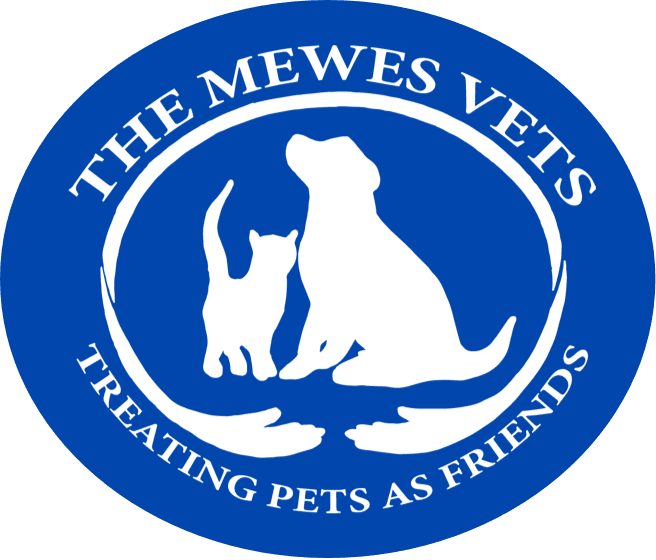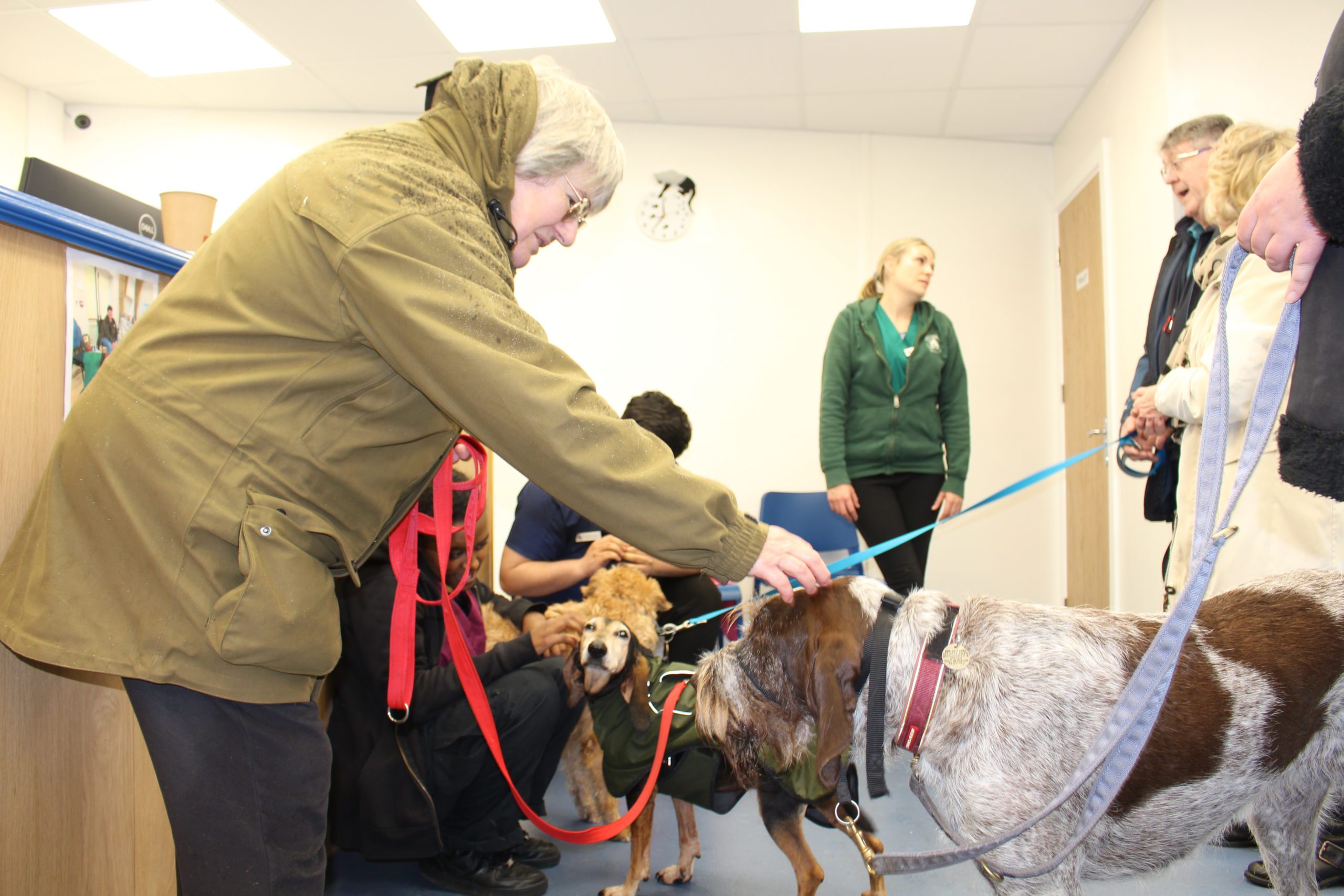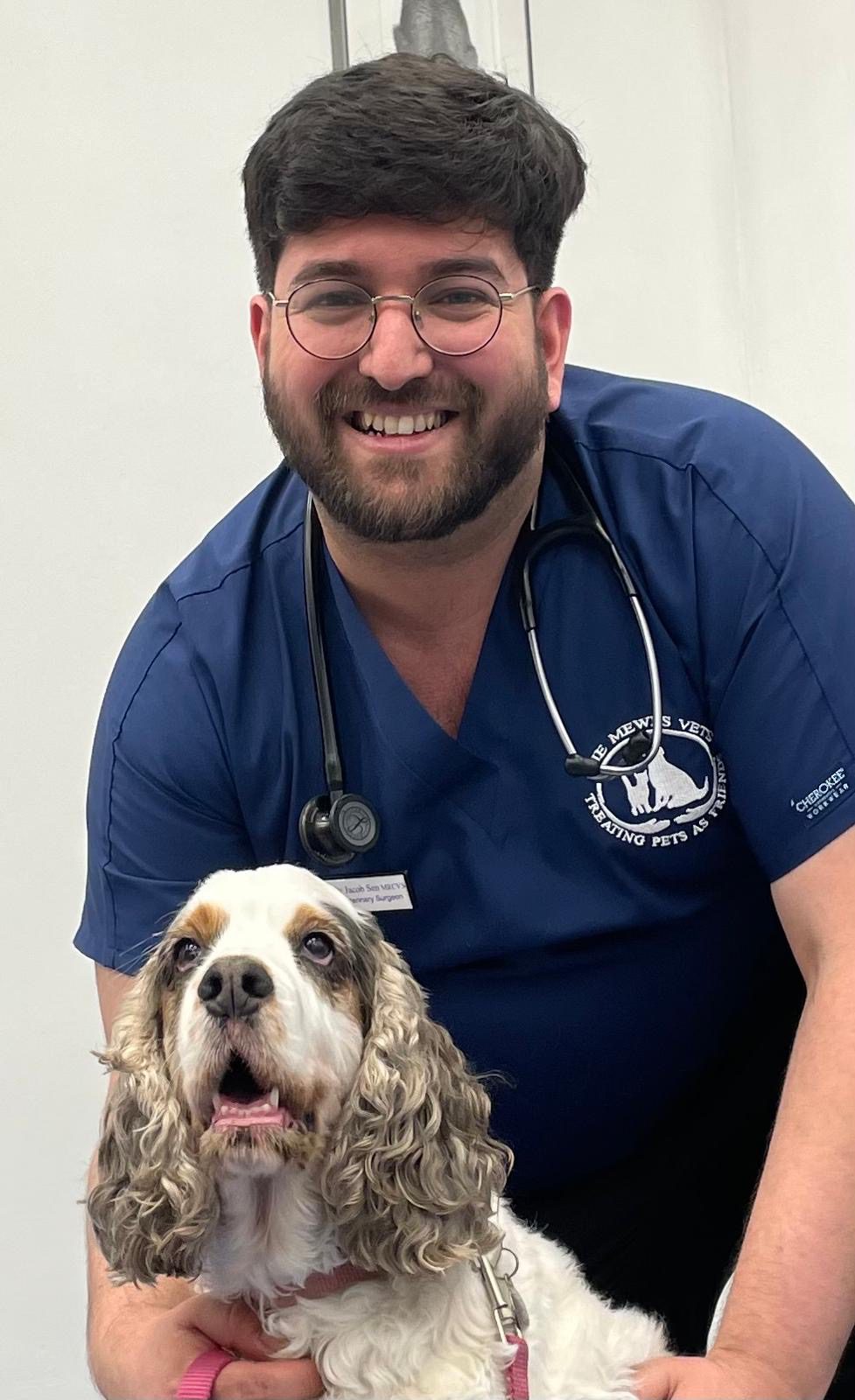It’s National Pet Month tomorrow – time to celebrate all pets including those that might be a little less common!
April is National Pet Month.
Nearly half of all British households own a pet, meaning that there are over 58 million pets in the UK. Dogs and cats are the most popular pets, keeping me mostly occupied all day.
Nearly a quarter of all homes are blessed with a canine companion, and 17% are owned by a feline.
But I also get to help the other less popular pets, who occasionally need a Vet too. These include rabbits and hamsters, guinea pigs, rats and mice, lizards and snakes. I have had to learn about the common diseases and ways in which I can be of use to all of these.
One of my favorite less common pets is the ferret. Full of mischief, super-inquisitive, they do need knowledgable homes. They rarely fall ill. In fact, I mostly hear of them as lost or found – they are great little escape artists.
But it’s their very wickedness and character that make them such fun to keep. They sleep up to 20 hours a day, but, when awake they are into everything. There’s a very useful website on how to keep them at britishferretclub.org.uk.
But there are two very important diseases that ferret owners need to consider without fail. One is parvovirus, a contagious, often fatal wasting disease. It causes vague symptoms which can include incontinence and paralysis, but it can be prevented using a vaccine originally designed for dogs.
The other is aplastic anaemia due to hormone issues in the ladies, or ‘jills’. This problem occurs when the female ferret, or ‘jill’, is kept in captivity away from any boys, or ‘hobs’. Once a jill is a year old she produces enough oestrogen to cause a fatal suppression of her own bone marrow if she does not get into the family way. Death by anaemia (insufficient red blood cells to carry her oxygen supply) follows, but is easily prevented.
All jills should live with a vasectomised hob, or visit one regularly, be bred from or have a hormone injection to prevent this. If you would like to read more about this, and the choices in contraception for ferrets, go to www.themewesoffer.co.uk.
Other than this, with good nutrition and Colditz style housing, ferrets are immensely rewarding pets, due to their loving and entertaining characters, for up to 10 years.




